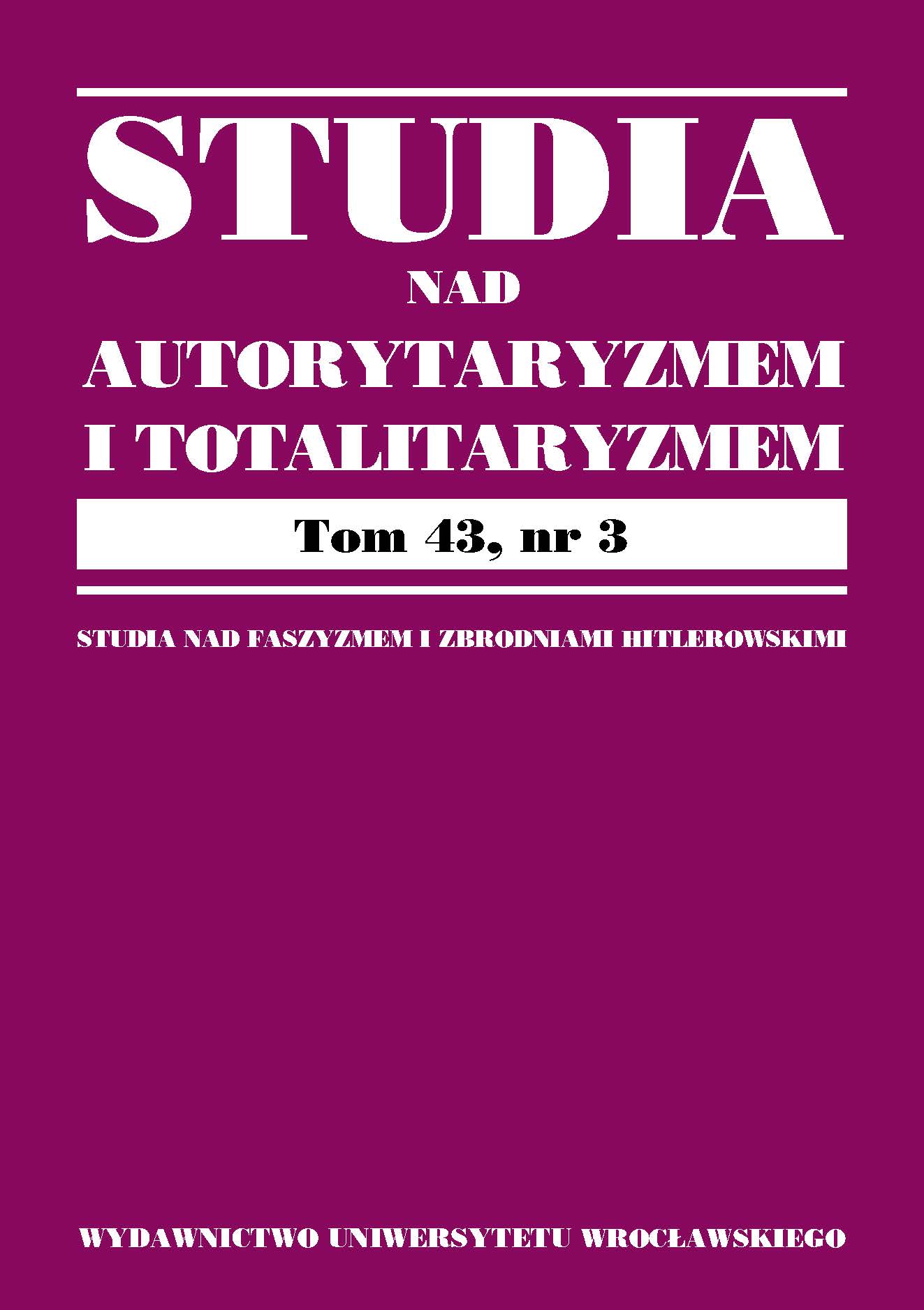

Articles

The paper refers to the problem of knowledge diffusion and innovative activity of entities operating within the structures of authoritarian states. It is extremely important because it points to a specific paradox. On the one hand, authoritarian states try to participate in the global technology race; on the other, their strategy is based on the fundamental assumptions of authoritarianism, which automatically eliminates their chance of success in the area. Closure to external influences, monopolization of the economy, shaping the habits of imitative task performance, subordination to the superior interests of the state, and suppressing competition-based entrepreneurship reduce the innovative potential of authoritarian countries. This has a real impact on their low ranking in this area. The paper focuses on two aspects; firstly, its purpose is to determine to what extent Belarusian active innovative entities use the previously available technical knowledge in the solutions they have developed. Secondly, the article aims at identifying the scope and type of cooperation undertaken in the course of the innovation process they implement. In order to pursue the objectives, qualitative and quantitative research was carried out on the technical invention documentation, using the method of analysing the so-called patent citations. The conclusions of the research indicate that although the dynamics of the developing modern technology impose abandoning the traditional approach towards an ever wider opening of the inventive process to external sources, Belarus’ innovation policy forces innovators to focus primarily on internal sources of knowledge and their own, strongly individualized resources.